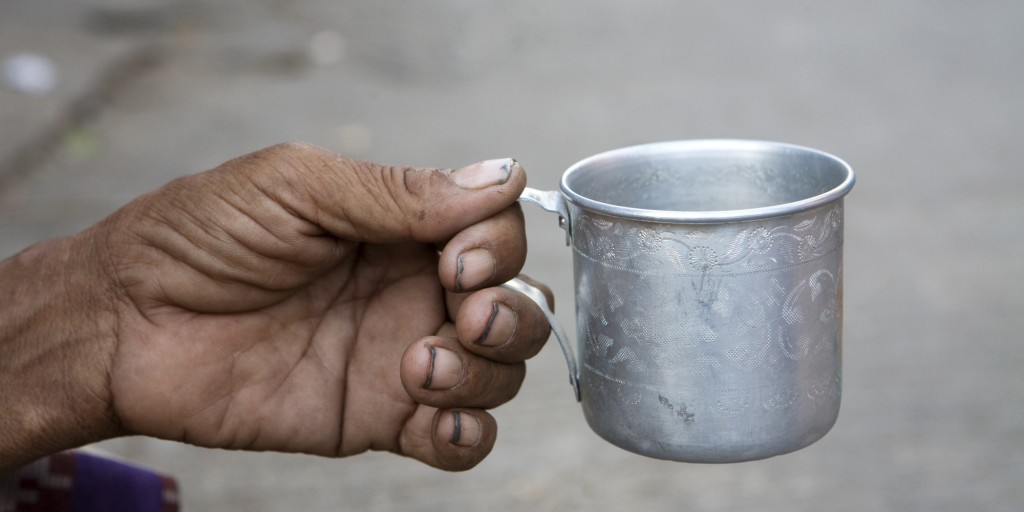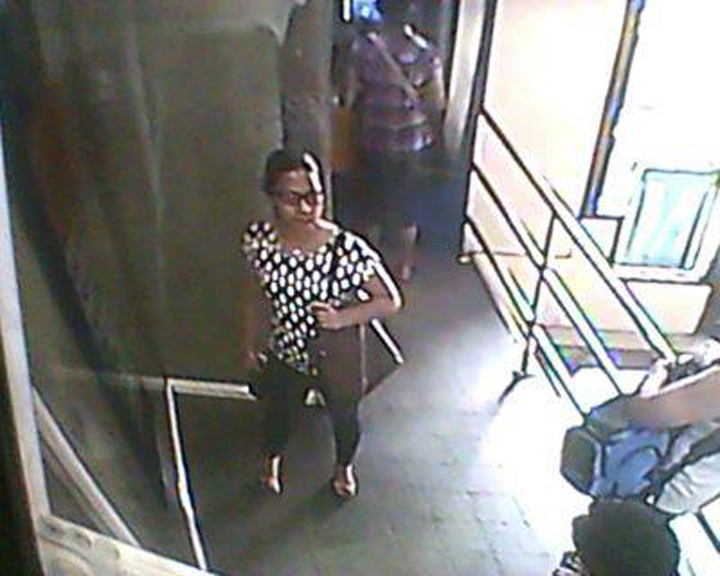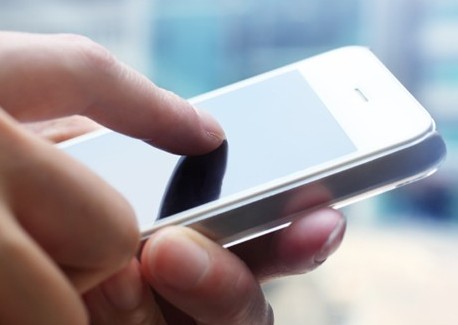5. Hit, steal, and run: Car scams in Manila
As if city traffic weren’t enough of a bear, unsuspecting drivers and passengers can also fall prey to criminals who run their schemes rampant in Manila roads. Some agile thieves have been caught on video snatching phones and bags from passengers. Another scam is when someone throws an egg or some liquid substance to your wind shield. When you park then exit your vehicle to clean it up, that’s when they dash in to steal your car.
How to avoid being victimized:
If you can, avoid roads or places that seem dodgy or that are poorly lit.
If anything is thrown at your vehicle, resist the urge to clean it up with your wiper (it will only exacerbate the murkiness of your windshield).
Similarly, do not get down from your car to see what was thrown. Wait till you’re parked in a safe place, or until you’re home.
4. Sob Story Scams
If there’s a scammer “in need”, there’s a victim indeed. Unsuspecting victims may use their supposed vulnerability to trick good Samaritans. There’ve been several accounts of frail old women or children begging for money on the streets for a medical operation, a relative passing away, what have you. In your desire to help out a neighbor and do a good deed, they will lure you into a dark corner or alley where you’ll be kidnapped. Victims are usually young women who can be sensitive to sorry-looking beggars.
How to avoid being victimized:
If you feel they’re starting to drag you into unsafe territory, back away immediately.
If there are kidnappers or criminals trying to grab you, fight back. Make noise, try to run away, kick, scream, anything to make attention. They’ll be hassled and forced to let you go.
It’s perfectly okay to want to help out someone in need. But don’t immediately trust everything a stranger says.
3. Budol Budol Gang
The budol-budol scam involves a bundle (budol) of cash padded inside with sheets of paper cut in the size of money. Only the exposed sides are real money, everything in between are plain sheets of paper. This is done by a group of people with an attractive lead, to disarm the victim and avoid suspicion at the same time. Budol budol gang members are often described as sweet-talking, charismatic, and convincing. The “main actor” of the gang will try and sway victims to swap his bundle of cash with a cellphone or an expensive piece of jewelry. Stories may vary — a family emergency, immediate need of a large amount of cash, etc. Through powers of persuasion, the switch is made and the victim finds out later that the envelope “full of cash” which was offered in exchange for one of his valuables, is nothing but paper.
How to avoid this scam:
Remember that rule your parents told you? Don’t trust strangers.
Never have deals with people you meet in a public location.
Carefully assess deals and transactions involving huge amounts.
Always ask for a receipt when part of any big or small transaction.
2. Laglag Droga (Drug Planting)
This is a lesser known scam making rounds on the interwebs but still highly probable. A netizen shares her account of being victimized by laglag droga; an acquaintance of hers was implanted with drugs after wearing a necklace of flowers laced with some form of drug.
How to avoid this scam:
Scammers will go for unsuspecting and vulnerable looking victims. In case you’re implanted with drugs, bullets, or other illegal items, question the accusation. Do not attempt bribery. This will only make their “business” thrive.
Make sure to check and double check your luggage in case you’ve been implanted. That said, use bag covers, padlocks, or other items used to secure your belongings.
1. Free Public Wifi
“We took a hacker to a café and, in 20 minutes, he knew where everyone else was born, what schools they attended, and the last five things they googled.” (“Why Public Wifi is a Public Health Hazard”, M. Martijn on Medium.com) This is true in most cases — Some free public WiFi connections in hotels, airports, and restaurants are unlocked and dangerous. Hackers will set up tempting unsecured wifi hotspots in public areas which unsuspecting victims eagerly connect to. This will give the thief access to your device, passwords, online accounts, and more.
How to avoid this scam:
Always ask the hotel, restaurant, or airport staff which wifi connection is the official (and secured) one. Especially when you see an unlocked connection.
You can encrypt all your online activity using a VPN, or virtual private network, such as ZenMate.
Sources:
https://www.gov.ph/summary-of-the-rights-of-air-passengers/
https://medium.com/matter/heres-why-public-wifi-is-a-public-health-hazard-dd5b8dcb55e6#.k2f59brx9
https://www.nzembassy.com/philippines/new-zealanders-overseas/living-philippines/scams-philippines
Whistle-blower Reveals How “Laglag-Bala” Scammers Pick their Victims at NAIA
Whistle-blower Reveals How “Laglag-Bala” Scammers Pick their Victims at NAIA
https://www.meltedstories.com/avoid-common-scams-manila/







